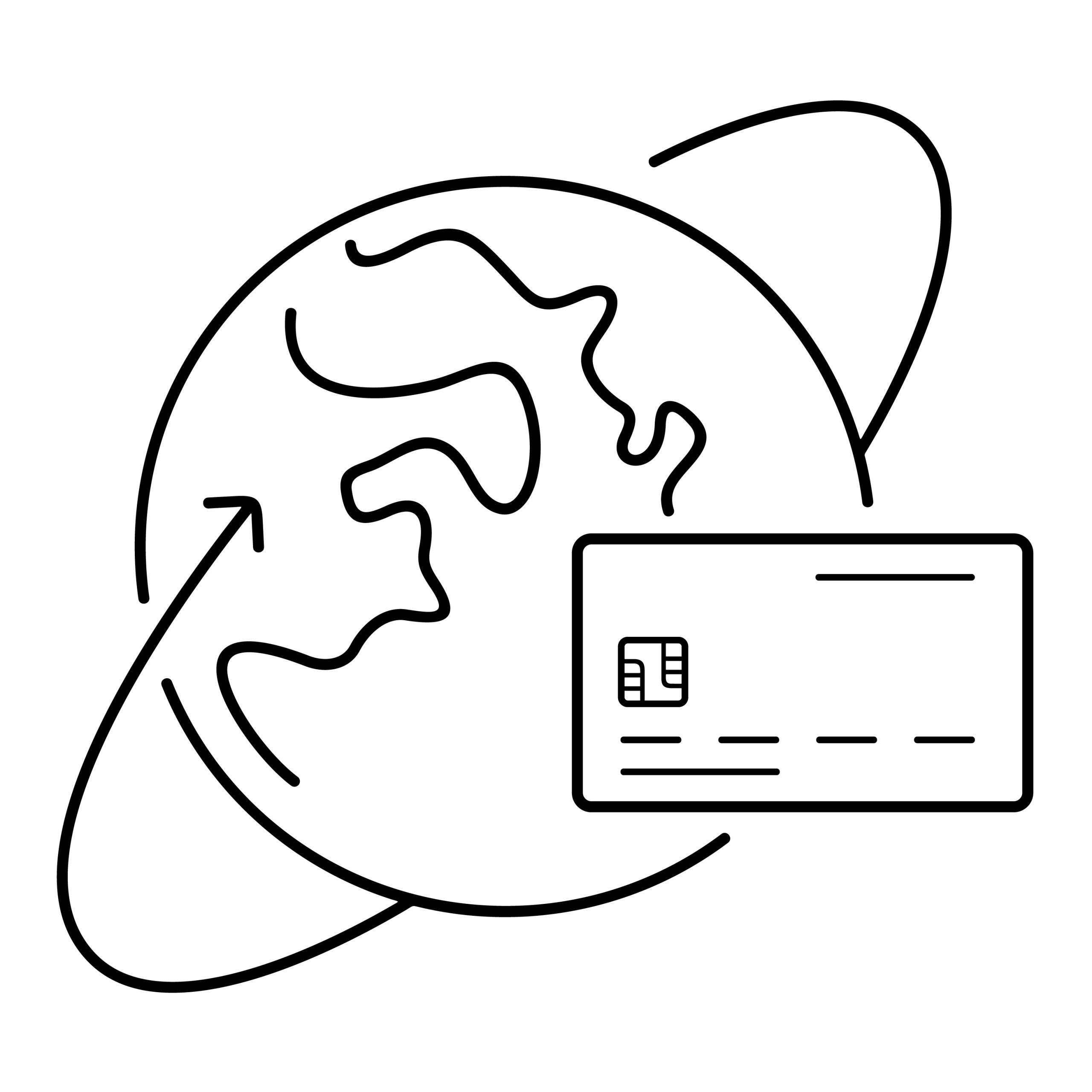In today’s interconnected world, innovative businesses can no longer thrive within their national borders alone. As emerging markets like the Middle East and Latin America (LatAm) invite further expansion of businesses, efficient cross-border payment solutions are key to business success.
Global expansion drives the need for efficient cross-border payments
Globalisation has opened the doors for companies to access international customers and tap into previously untapped markets. Characterised as having higher growth potential due to rising consumer classes, rapid urbanisation, and underserved populations, previously untapped sectors are providing many new opportunities for businesses looking to expand globally and leverage a completely new customer base.
The Middle East, for example, is driving expansion for thousands of businesses as industry leaders seek growth opportunities. More specifically, Abu Dhabi has a significant portion of the population that does not use traditional banking services. This presents a major opportunity for fintechs to offer innovative products tailored to the “unbanked”. By designing accessible digital banking tools, these companies can drive greater financial inclusion and bring more people and businesses into the formal banking system.
Furthermore, the drive to enhance end-to-end money transfers for immediacy, security, and transparency across borders keeps the payment industry focused on enhancing user experiences. Integrating digital innovations into conventional clearing systems to upgrade existing technology is one avenue. Simultaneously, the creation of localised forward-thinking solutions such as real-time payments and digital wallets represents another approach. These ongoing digital trends will shape the future, ushering in fresh technologies and diverse non-bank payment providers.
Friction points within the cross-border payments network
Despite the benefits, as businesses expand into emerging markets, there are friction points in the current cross-border transaction network that present some challenges. Traditional payment methods are typically sluggish, taking days or weeks to fully settle, and lagging far behind the speed needed to facilitate the ideal – real-time global commerce.
With many global companies experiencing monthly revenue delays due to inefficiencies in fragmented payments, the current cross-border payments network lacks a seamless end-to-end system, and therefore often incurs elevated transaction fees and extended processing times compared to domestic payments.

US Tariffs are shifting - will you react or anticipate?
Don’t let policy changes catch you off guard. Stay proactive with real-time data and expert analysis.
By GlobalDataSmaller businesses can be significantly affected by the payments process when dealing with suppliers, whilst 86% of financial leaders report that they are overburdened when receiving cross-border payments. Naturally, as a result, cross-border payments often don’t match the smooth experience of domestic payments.
Moreover, and not necessarily to be considered a friction point, divergent compliance standards across countries and their sectors can create operational challenges. Even banks within the same country may interpret regulations differently, leading to inconsistencies in processing payments. And while these compliance-based technologies may reduce risk and fraud they can also further create complexities in moving money globally.
Strategic alignment is key
With this in mind, business growth strategies must integrate seamless cross-border payment capabilities from the outset. Conducting a thorough market analysis to identify high-potential geographical targets is the first step. Localisation is also critical when expanding into unfamiliar territory. Most importantly, nuances matter – tailoring payment solutions and user experience to local preferences enhances the overall customer experience.
Globally, the reduction in cash usage that was observed during the pandemic remains persistent. Notably, cash-dependent economies like India and Brazil experienced a decline of seven to ten percentage points in the share of cash transactions. For example, Brazil’s decrease in cash usage aligns with the rapid adoption of its PIX instant-payments network. This means businesses looking to expand into more cash-dependent economies will need to look into payment providers offering instant payments across borders to maintain a competitive edge.
Partnering with such providers will allow businesses to seamlessly operate in multiple regions and enable a smoother cross-border payment process. This in turn will allow businesses to efficiently serve customers in different regions, adapt to local preferences, and capture new opportunities in emerging markets.
As cross-border trade increases, having the ability to pay and get paid in multiple currencies is crucial for success. The path to expansion holds more promise than ever. For companies with the vision and commitment to make inroads into emerging markets, efficient cross-border payments capabilities help clear the path ahead to accelerated worldwide growth. With the proper payments infrastructure supporting their overall plans for growth, businesses can rapidly turn opportunities into reality, no matter where in the world they may lie.
Sophie Flynn is CFO and co-founder, Nucleus365








